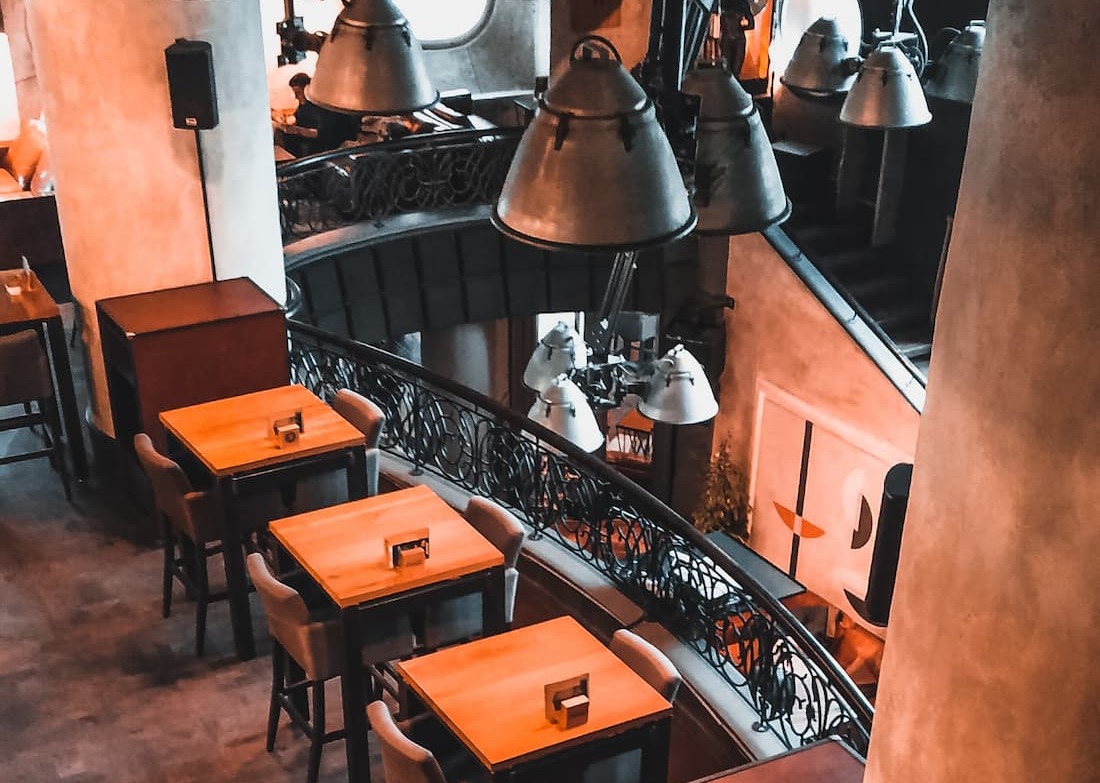
Coffee; it’s just a drink, right? Think again. In Croatia, nothing of any importance happens without coffee. From budding romances to business deals, it all begins over a cup of the dark stuff. But that doesn’t mean it’s as simple as ordering your kava and sitting back to wait for it to arrive. The country’s long-established café culture comes with its own rules and customs. Here’s how to blend in with the locals…
- Keep it simple.
You might enjoy a pumpkin spiced latte. You might be partial to a dash of caramel syrup in your cappuccino. You should not ask for either of those things in Croatia. Coffee occupies a sacred place in the hearts of Croatians and they do not condone anything that muddies the water. Milk and sugar are okay but that’s it. Impress your waiter by asking for a kava s mlijekom (coffee with milk) or kava sa slagom (coffee with whipped cream).
2. Even if you don’t drink coffee, you do here.
If a Croatian asks you to join them for coffee, you should always accept. It’s an invitation to socialise more than anything else. It’s not mandatory to actually drink coffee…although don’t be surprised if they judge you, just a bit, for ordering a soft drink instead.
3. Clear some time in your diary.
Italians might throw back their espressos while standing at the counter but this is not the Croatian way. Instead you can expect a ‘quick’ coffee to take several hours and any attempt to hurry things along will not be greeted favourably. So give up on sneaking glances at your watch and take the time to sit back and enjoy the company and surroundings.

4. Brace yourself for a serious caffeine hit.
A weak coffee is a bad coffee in Croatia so get used to drinking the strong stuff. If you’re familiar with the powerful bitter taste of Turkish coffee you won’t be shocked by the brew served in Croatian homes. These days, Italian coffee is just as popular in cafes as homegrown brands such as Franck and there’s even a burgeoning speciality coffee culture in cities such as Zagreb and Split.
5. Don’t expect to pay much.
Coffee isn’t seen so much as a privilege as a right in Croatia and a café that charges over the odds for it is unlikely to get much repeat business. You should be able to get a more than decent cup for around 11 Croatian kuna (£1.30 / $1.60 / 1.55 Euro). Tipping is appreciated but not expected; leave around 3-5 per cent of the bill.
Ready to experience Croatian café culture for yourself? Make your trip even tastier by bagging a bargain on your car hire at Zagreb and Split airport.
